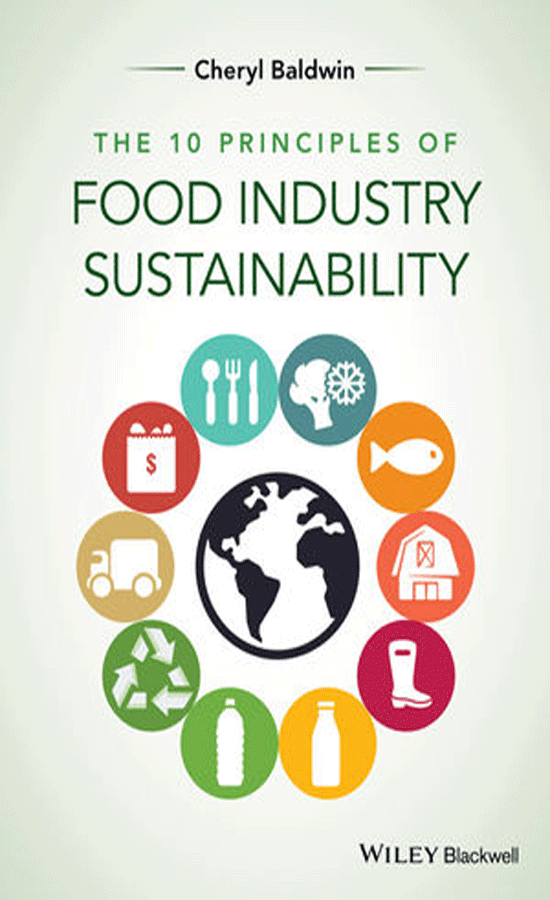Pandemic has not shaken consumer interest in food sustainability

Consumer concerns about a sustainable food system have not waned during the pandemic. In fact, sustainability is even more important now than a year ago, according to a new consumer poll by C.O.nxt. What’s more, the definition of sustainability continues to broaden to include social concerns as well as environmental impacts.
To gauge definitions, demands and expectations about sustainability, C.O.nxt partnered with Menu Matters in an online survey of 750 consumers across the country.
“This research shows that food producers from farms to supermarkets and restaurants must remain transparent in communicating their sustainable practices to customers,” says Mark Gale, chief growth officer with C.O.nxt.
Many are more concerned
The survey showed that 80 percent of consumers say sustainability is important to some degree when deciding what foods and beverages to purchase from a supermarket or order from a restaurant. More than half of those polled said they are either somewhat or significantly more concerned about sustainability compared to a year ago.
Although sustainability ranked high across all segments, those age 18 to 44 rated it highest, with more than one-third rating it “extremely important.”
Reasons cited for heightened concern included impacts on food workers, climate change and wildfires. Increased use of single use plastics ranked high as a sustainability concern – likely due to more frequent carryout meals during the pandemic.
Broader definitions
Consumers increasingly tie sustainability to factors extending beyond the environment, such as affordable food, fair wages for workers and humanely raised animals. Nearly half of those polled defined sustainability as encompassing social and economic issues, in addition to environmental impact. Only 19 percent defined sustainability as exclusively related to the environment.
Looking for specifics
“Along with broader definitions of sustainability come expectations for specific action. Merely claiming to be sustainable is not enough,” says Maeve Webster of Menu Matters.
Younger consumers – those most concerned about sustainability – are most likely to completely trust sustainability claims from food and beverage providers. Boomers, in contrast, are significantly less likely to trust claims.
When asked what specific statements they would trust the most from food and beverage manufacturers and restaurants, respondents ranked these three highest:
- A commitment to assessing the overall environmental footprint of ingredients they serve.
- A commitment to animal welfare and care standards related to animal products they serve.
- A broad-based commitment to sustainable goals and transparent reporting across their organization.
Will people pay more?
More than half of the survey respondents said they would “definitely” or “probably” be willing to pay more for greater sustainability efforts on the part of food and beverage manufacturers and restaurants. Young consumers ranked highest in their willingness to pay more.
“Pricing research can be tricky,” says Gale. “Consumers don’t always do what they say. But it’s worth noting that younger age groups show high interest in food and sustainability and concern over specific topics. The food system should keep this in mind going forward.”
Get the full report
For more information, download the full research report here, or watch a C.O.nxt Five in 15 webinar summarizing the results.
“C.O.nxt has a history of conducting independent research on topics related to food and agriculture,” says Gale. “It’s important that we invest in keeping ourselves and our industry up-to-date on how markets are shifting.”
Source: C.O.nxt
Looking for a reprint of this article?
From high-res PDFs to custom plaques, order your copy today!







